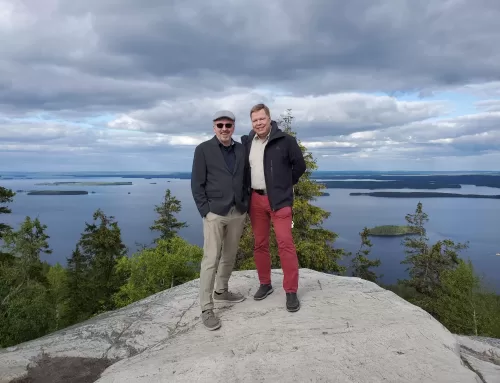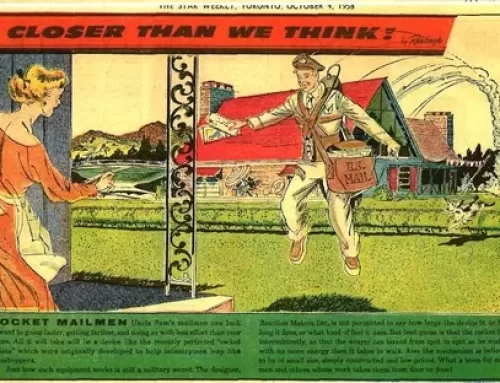Florida Woman Marries Tree!

It sounds like the kind of story you find on the skeeziest daytime talk-shows, featuring a disturbed woman overacting her exhuberance over her forbidden arboreal love. It is anything but. This woman, and the women in Oaxaca, Mexico whose mass marriage to bark-laden bridegrooms inspired her, are the harbingers of a movement, and the growing acceptance of an idea. Not tree-love. Not tree-hugging.
Environmental personhood.
These women did not invent the rights-of-nature movement, but they illustrate just how quickly the idea has spread since the first inception of its use in 2006. What started in a small US town with the Community Environmental Legal Defense Fund’s successful campaign to keep toxic sludge out of the city has evolved to a macro level that encompasses the globe. And it is snowballing downhill.
- Both Ecuador and Bolivia have made constitutional changes that grant rights to the environment, and both have been successfully upheld in a court of law.
- New Zealand has successfully granted personhood to several natural areas, including Te Urewera, a former national park now considered an inalienable freehold, and the Whanganui River, which is spiritually significant to New Zealand’s indigenous Maori.
- New Zealand’s move has inspired states like Uttarakhand in India to grant personhood to the holy Ganges river in an effort to combat pollution.
- Colombia courts have acknowledged the rights of the environment, providing governmental and indigenous guardianships for their most vulnerable ecosystems.
In the United States there are currently several court cases pending that would grant eco-personhood to rivers, such as the Colorado. Many of the greatest champions for the environment in these cases are indigenous peoples who have a spiritual connection to these rivers, and a culture that already takes eco-personhood as a given. The triumph of these cases would set a precedent across the country, giving indigenous communities the ammunition they need in fights against corporate hegemony over the environment.
It seems like it would be difficult to argue against environmental personhood when corporate personhood has already been acknowledged.
Tree marriage as a form of activism started with a Peruvian man in Colombia, who wanted to encourage trees instead of violence. This multiple tree-marrying bigamist then took the idea to Mexico, where local women used it to protest the illegal logging that is decimating their forests. And now that micro-level activism is spreading to the US, showing us that the idea of nature as people is not just happening on a broad political stage, with remote actors in places we may never visit. It is happening in our own backyards. In Florida.
In the hearts and minds of your neighbors.
And their tree. — Rachel Young



